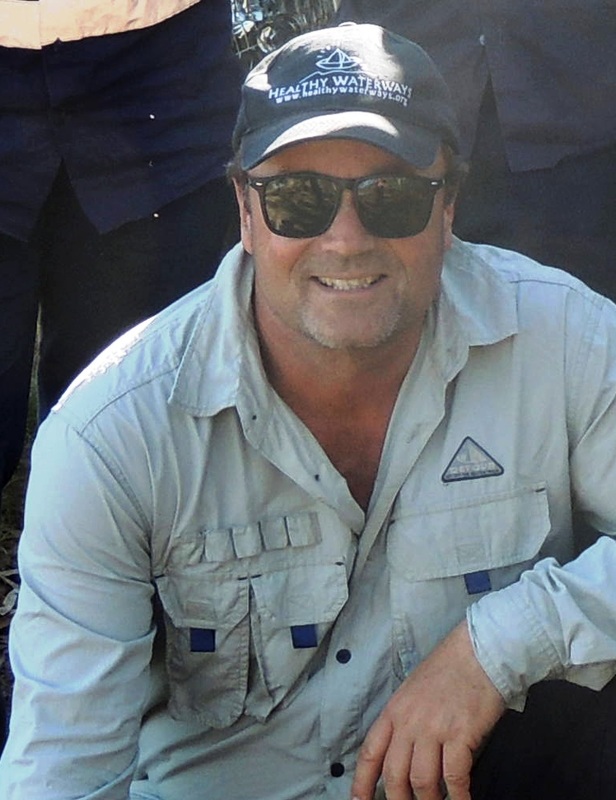At Redcliffe, we live in one of the highest urbanised areas in South east Queensland and these days you have to move to the fringe areas of Hays Inlet and Deception Bay to see any of the original habitat associated with our peninsula. We know in the past, Redcliffe was characterised by wetland habitats including freshwater swamps, Eucalypt forest and patches of remnant coastal rainforest. I was particularly struck by a quote from Constance Campbell Petrie (1904) who reflected on the changes to the area especially in reference to the diminishing forests and the ways of life of the original inhabitants of the land. I include a quote below:
If all the old aboriginals of Brisbane could come to life again they would not recognise their country – the country we have stolen from them. If they went hunting in the forests, where would be their spoil? – where, indeed, would they find the forests to hunt in? Oh! How they must have loved those forests, their forests…”God made the country, man made the town.” As the aboriginal hunted careless and free in those days long gone, little dreamed he of what his brother-white would do – little dreamed there was a brother-white.
The waters even have changed since those times. Dugong used to be very plentiful then, when there was nothing much in the way of disturbances. The aboriginals would catch them at Fisherman’s Island; at St Helena at a place near Dunwich they called “Gumpi,” at Bribie Passage and the mouth of the Pine River.
(Petrie, C.C 1904, page 66)
If Constance was live today (just over 110 years later) I wonder what she would think of Brisbane and Moreton Bay now. No doubt it would almost be unrecognisable to her.
Even now though, anyone can take a trip to one of the local highlands such as Lamington National Park or the D’Aguilar ranges, or head out to one of the sand islands and marvel at what would have once been a spectacular domain of forests, wetlands and blue waters and of course the amazing wildlife. We should treasure all of these places, the last remaining natural jewels in an urbanised landscape.
Further reading
Constance Campbell Petrie (1904) Tom Petrie’s reminiscences of early Queensland, first published by Watson, Ferguson and Co, reprinted by UQ Press in 1992

 RSS Feed
RSS Feed
